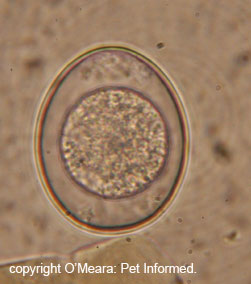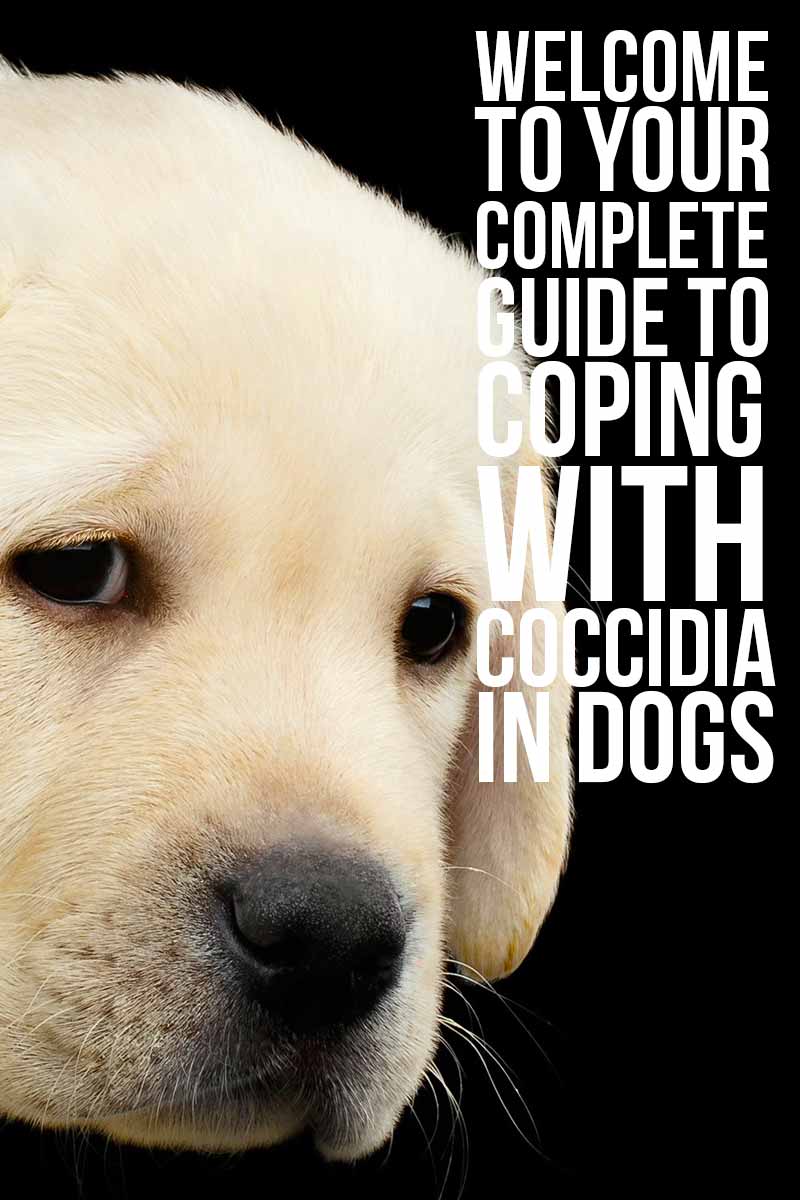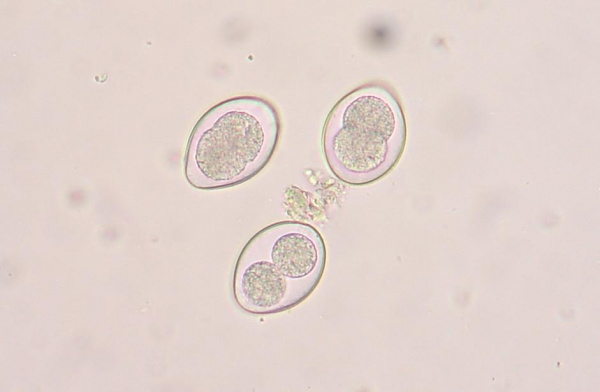Coccidia In Puppy From Breeder

Puppies contract coccidia by swallowing infective oocysts that have been deposited in the environment via feces or by ingesting an infected animal such as a rodent.
Coccidia in puppy from breeder. Some infections in dogs are not associated with any detectable clinical signs. Coccidia and giardia are fairly common in puppies and immune compromised adults are susceptible to either infection. Coccidia is a single celled organism. Some adults can be hosting an infection without any symptoms at all so if one of your dogs is infected it s important to have them all tested and treated to prevent them from shedding the oocysts into your environment and threatening any visiting dogs or.
Coccidia pronounced kok sid ee uh are microscopic single celled parasites that live in the wall of a dog s intestine. You would have to check local laws about a lawsuit but most every puppy is born with roundworms and hookworms these are common infections coccidia is also common in puppies especially when stressed due to weaning and going to a new house so the breeder hasn t given you a puppy with anything horribly out of the range of normal but it does tell you that you are dealing with a breeder that either doesn t know what he she is doing or worse he she doesn t care. When they infect the digestive tract of a dog the resulting illness is called coccidiosis. At least 4 different genera of coccidia can infect dogs.
Symptoms of coccidia in dogs watery mucousy diarrhea explosive diarrhea that may eventually become bloody lethargy and weakness dehydration abdominal discomfort and tenderness vomiting weight loss little or no appetite. There are multiple species of coccidia but the one that most commonly infects dogs is isospora. There are actually four types of coccidia but the type that tends to make dogs sick is the isospora species. However the puppy should have had at least one fecal test before leaving the breeder and been appropriately treated.
Being made up of one cell makes coccidia vulnerable so to get around this they survive in the environment in a tough capsule along with several hundred of their buddies for company. Giardia is frequently seen in adult dogs but healthy adult dogs readily develop a natural immunity to coccidia. Coccidia doesn t always show up in a fecal so many breeders will treat anyway but it is very good at hiding. However puppies and debilitated adult dogs may have severe watery diarrhea dehydration abdominal distress and vomiting.
Symptoms of coccidiosis typically include diarrhea and an upset tummy. Oocysts can remain viable in the soil for long periods of time so it s quite possible for a dog to be treated for coccidia and then return to their contaminated environment where they once again become infected.


















